With its loud guitar riffs and even louder fashion, heavy metal has always been ripe for ridicule. In its mid-1980s heyday, it was epitomised by the fictional rock group Spinal Tap prancing on stage next to an 18-inch polystyrene model of Stonehenge while clad in ball-crushingly tight trousers and floor-length capes.
In some parts of the world, however, metal is no laughing matter. In the Middle East, for instance, the potential punishment for wearing all black while wielding an electric guitar is death. These days, against a backdrop of authoritarian suppression in countries such as Iran and China, heavy metal’s trademark theatrics and widdly guitar solos have become less an opportunity for gentle mockery than a rallying cry for artistic freedom.
If all this sounds about as bombastic as the lyrics to Manowar’s ‘Die for Metal’ (chorus: ‘They can’t stop us, let ’em try, for heavy metal we will die!’), it is worth noting that historians now credit rock’n’roll as being instrumental — pun intended — in bringing about the collapse of the Soviet Union. Not only did bands such as the Beatles counter communist propaganda by humanising the West; for many Soviet teenagers (including my Lithuanian-born father), buying illicit, black-market ‘bone records’ — bootlegs printed on discarded X-rays — gave them their first taste of rebellion and set many on a path to dissidence.
So it’s no surprise that, while some in the West might consider it a bit of a joke, today’s authoritarian regimes are downright fearful of metal, a darker and more aggressive subgenre of rock that first emerged in the late 1960s and early 1970s. Although the origins of the term ‘heavy metal’ are murky, its initial usage, according to American sociologist Deena Weinstein, was almost certainly pejorative. In the scientific sense, ‘heavy metal’ was a synonym for mercury, which, in the 1960s, was ‘polluting the air and poisoning fish and those who ate them’. Adopting the label cemented the genre as a counterculture in which outward displays of non-conformity — tattoos, piercings, long hair for men — became symbols of solidarity.
Which is presumably why, when the reigning kings of heavy metal, Iron Maiden, performed for the first time in China last month — an experience frontman Bruce Dickinson compared to playing communist Poland in 1984 — they were handed a set of seemingly arbitrary rules, including a ban on waving the British flag (which Dickinson usually does during his rendition of the 1983 hit ‘The Trooper’), while audience members were forbidden to take pictures. Fifty-seven-year-old Dickinson’s response was to tell the baying crowd in Shanghai, ‘Do I care? Everybody take out your camera device — take a picture.’ He even pretended to wave an imaginary flag. Nor did he shy away from delivering his customary introduction to the title track from the new album, The Book of Souls, ostensibly about the Mayans. ‘Empires always go,’ he said ominously. ‘There has never been one that has lasted more than a couple of thousand years. You just have to wait a while before it disappears.’
For Chinese nationals, especially those living in the austere capital of Beijing, watching Iron Maiden is unlike anything they will ever have seen before, if only because the cost and bureaucracy of bringing a full show to China — as Maiden did — is prohibitive for most Western bands. It was a similar story when they first played Poland. ‘The Polish audiences were some of the best I’d ever seen,’ Dickinson told Billboard in 1984. ‘I think it’s because they’re so starved for Western entertainment.’ The same could undoubtedly be said of the Chinese audiences last month. For Westerners, spoiled for choice when it comes to stadium rock, it is almost impossible to comprehend fully the impact of seeing a show as energetic and theatrical as Iron Maiden’s for the first time; a flicker of light in a dreary communist world.
This was apparent when I experienced Iron Maiden live for the first time two weeks before the Chinese leg of their world tour — a Herculean undertaking involving the organisation and transportation of hundreds of crew, management, family members and entourage, as well as enough props and set dressing to fill the hold of a Boeing 747. I joined them in Vancouver. At that point they had already been on the road (or, more accurately, in the air) for six weeks, playing to audiences of up to 55,000 people a night in South and North America.
The show, which I watched again in both Beijing and Shanghai, usually opens with a spotlight on Dickinson singing solo while standing behind a smoking cauldron with two fire-topped plinths on either side, which shoot flames almost 20 feet into the air as the guitars come crashing in and the rest of the band run on (for health and safety reasons the pyrotechnics and dry ice were banned in China). The sheer stamina of the six-piece group, comprised of Dickinson, bassist Steve Harris, drummer Nicko McBrain, and guitarists Adrian Smith, Dave Murray and Janick Gers, who are all in their late fifties and early sixties, is remarkable. Despite being diagnosed with cancer of the tongue and undergoing chemotherapy last year, Dickinson still zigzags back and forth across the 50ft-wide stage and takes running jumps off the monitors while Gers, known for his flamboyant performances, repeatedly swings his guitar around his head and throws it into the air.
There are, undeniably, elements that creep into Spinal Tap territory. Midway through each show, for example, a crew member dressed as the band’s zombie-like mascot Eddie ambles on to the stage to have his heart ripped out by Dickinson. But the theatrics are knowing and thrilling. And offstage, the band members couldn’t be more unassuming. Gers, originally from Hartlepool, is soft-spoken and contemplative, while Dickinson has a side gig as a qualified commercial airline pilot and used to work for the now-defunct Icelandic airline Astraeus in his spare time. It is Dickinson who captains the privately chartered 747, ferrying the band and its crew around the world (he delights in getting on the intercom before each flight to talk about crosswinds and jet fuel). When not in the cockpit, he can often be found wandering around the aircraft in his crisp pilot’s uniform.
In Beijing, as in many other cities, there were fans waiting at the airport clutching Maiden records and posters. During a rare sightseeing opportunity, Gers posed for a picture with two young men sporting Iron Maiden T-shirts and long black hair in politically charged Tiananmen Square. Just hours later he was back on stage wielding his Fender Strat while Chinese police stood scattered among the audience, sticking out like sore thumbs in their severe blue jackets and peaked caps against a sea of euphoric metalheads. Although the police rarely interacted with the audience (except to tell one fan repeatedly to put his shirt back on after he removed it in a fit of ecstasy and waved it in the air), their robust presence was reminder enough that this was a surveillance state, and leant great poignancy to the sight of thousands of Chinese fans singing along to the group’s 1993 hit ‘Fear of the Dark’, which includes the lyric: ‘Fear of the dark, fear of the dark, I have a phobia that someone’s always there.’
Unfortunately, for metal fans in places such as Iran, where almost all non-religious music is de facto haram, the opportunity to experience such a show in their own country remains, for the foreseeable future, a pipe dream. In February, reports emerged that members of an Iranian band called Confess had been arrested on charges that included ‘advertising against the system’ and ‘writing anti-religious lyrics’, which landed them in solitary confinement facing lengthy jail sentences if not execution. In the same month, authorities in Egypt apparently tried to shut down an underground metal concert on the basis that it was not only Satanist but also ‘a Western conspiracy to corrupt young Egyptians’, according to a local online news outlet.
Not that any of this will change the attitude of the West’s self-appointed metropolitan tastemakers, who sneer at metal’s working-class roots, melodramatic stage antics and anthemic choruses. But it is precisely these elements that authoritarian regimes find so threatening: thousands of potentially disenfranchised young men exorcising their aggression in the mosh pit while discovering the power of their collective voice as they sing along to tracks encompassing everything from politics (think Black Sabbath’s ‘War Pigs’) to the occult.
Of course, metalheads aren’t the only ones fighting for artistic freedom but they are at the forefront of the battle. And, on stage as well as off, they sure are making a hell of a lot more noise than anyone else.
Got something to add? Join the discussion and comment below.
Get 10 issues for just $10
Subscribe to The Spectator Australia today for the next 10 magazine issues, plus full online access, for just $10.
You might disagree with half of it, but you’ll enjoy reading all of it. Try your first month for free, then just $2 a week for the remainder of your first year.

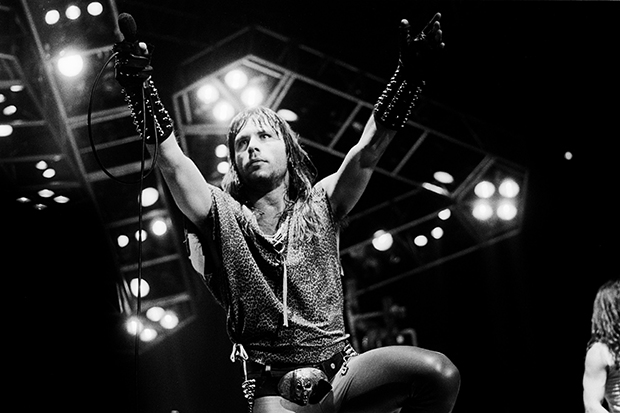
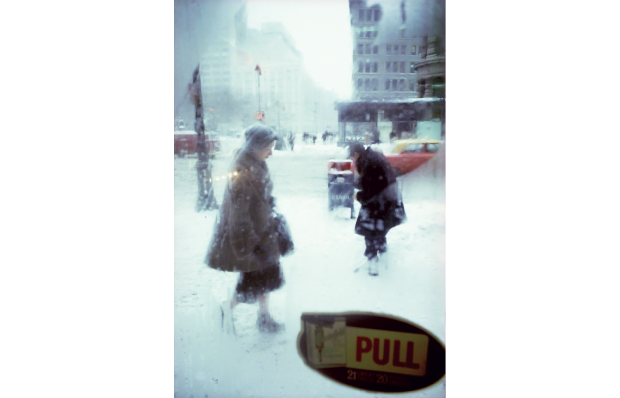

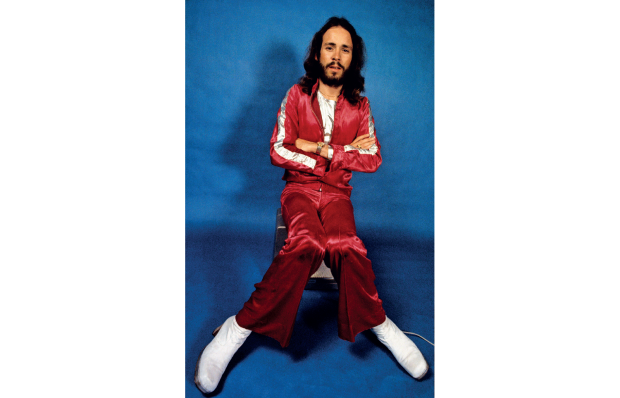
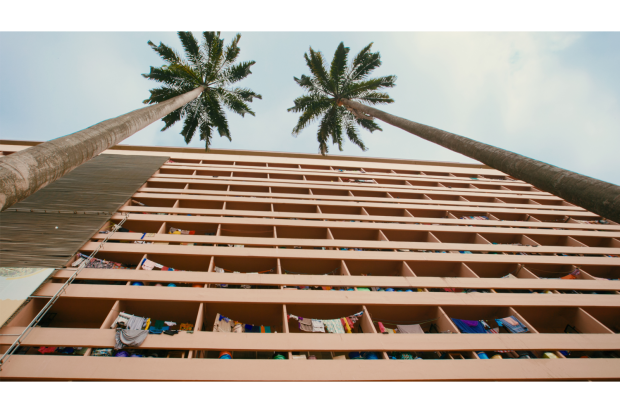

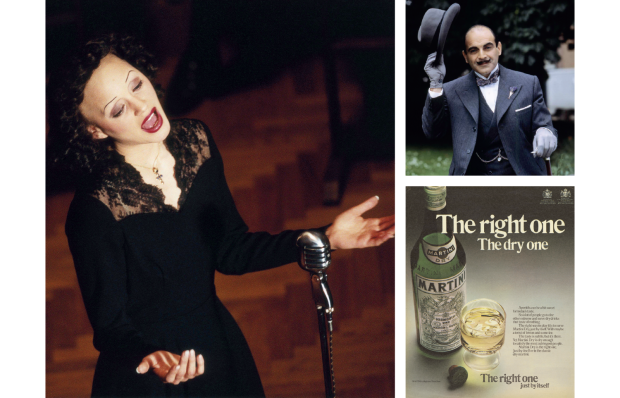






Comments
Don't miss out
Join the conversation with other Spectator Australia readers. Subscribe to leave a comment.
SUBSCRIBEAlready a subscriber? Log in